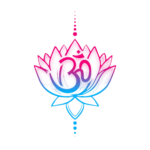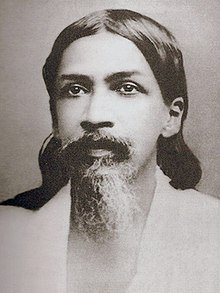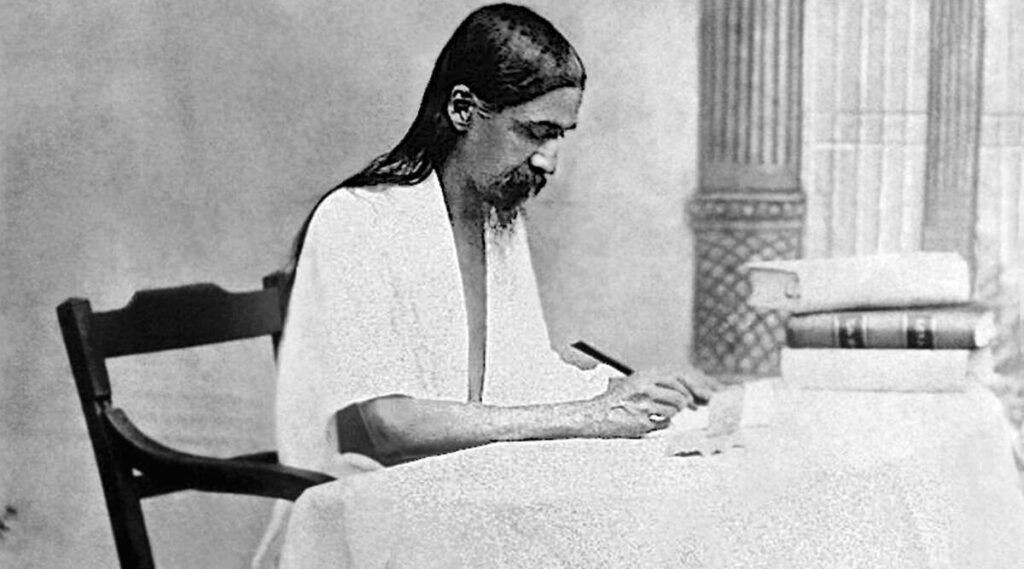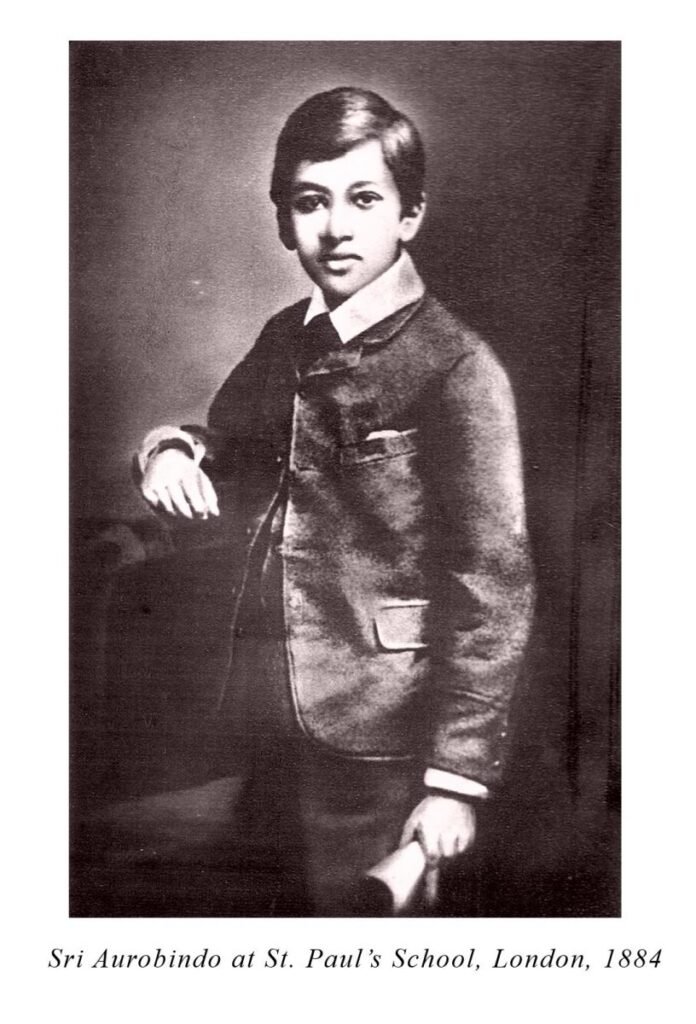
Maharshi Sri Aurobindo
“Do not belong to the past dawns,but to the noons of future” ― Sri Aurobindo

Ackroyd Aravinda Ghose (as he was before he became Sri Aurobindo) was born in Calcutta (now Kolkata), in India, on August 15, 1872, into an influential Bengali family. His father – Krishna Dhun Ghose – was a doctor, and a great Anglophile. Because his father wanted him to become an educated English gentleman, Sri Aurobindo was sent – aged seven – to England, where he stayed until he was twenty-one. For the duration he had no contact with Indian people, or culture. Which may seem strange now, but in those days the British held all the cards. Life was better if you were British, or simulated Britishness. He went to a well known English public school in London, called St Pauls. When he was eighteen, in 1890, he went up to Kings College, Cambridge. In 1893 he returned to India, where, setting foot again on India’s soil, he was overcome with a sense of connection and joy that never left him.
As per his father’s ambition, Sri Aurobindo succeeded in becoming supremely well educated in England, but remained what he had always been, an Indian gentleman.

Early Career and Political Involvement
In 1893, Aurobindo Ghose began his career in Baroda’s state service, working in various departments and eventually becoming a part-time French teacher and vice-principal at Baroda College. During his time there, he self-studied Sanskrit and Bengali and contributed articles to Indu Prakash. Although barred from overt political activity due to his position, Aurobindo engaged with the Indian independence movement behind the scenes, connecting with resistance groups in Bengal and Madhya Pradesh.
Move to Calcutta and Increasing Activism
In 1901, Aurobindo married Mrinalini Bose. After the 1905 Partition of Bengal, he moved to Calcutta, where he became the first principal of the National College, dedicated to providing national education to Indian youth. He resigned in 1907 to focus on his political activities, advocating for non-cooperation and passive resistance, while secretly preparing for open revolt.
Imprisonment and Spiritual Shift
In 1908 two men from Jagantur (a revolutionary organisation started by Sri Aurobindo’s brother, Barin) threw a bomb aimed at the carriage of a notorious Judge called Douglas Kingsford. He wasn’t in the carriage, but two Englishwomen were, who died later from their injuries. Many people were arrested in the aftermath, including Sri Aurobindo. He was kept in solitary confinement in Alipore Jail. The trial of the Alipore Bomb Case – as it became known – lasted for a year. The evidence against him was thin, at best, and following the murder of a prosecution witness, Narendranath Goswami, during the trial – in May in 1909 – Sri Aurobindo was acquitted.
Ironically, it was in solitary confinement that he had mystical and spiritual experiences that changed his life forever. Of which he wrote, The British Government’s wrath had but one significant outcome: I found God.


Move to Pondicherry
Facing continued repression, Aurobindo moved to the French colony of Pondicherry in 1910, where he dedicated himself to spiritual and philosophical pursuits, marking a significant transition from his earlier political activism. In 1914, he launched the magazine Arya, which featured key works like The Life Divine and The Synthesis of Yoga. The magazine ceased publication in 1921, but many of these works were later published in book form.
Spiritual journey
Much happened in Sri Aurobindo’s epic spiritual journey in Pondicherry, but it’s worth mentioning November 24th, 1926, which became the Day of Siddhi, or Victory Day, when Krishna, as the Overmind – as he called it – descended into his physical body. This was the much awaited, profound convergence of the spirit or Godhead, with the material world. Sri Aurobindo was nominated twice for the Nobel Prize, though he did not win. He passed away on 5 December 1950.

